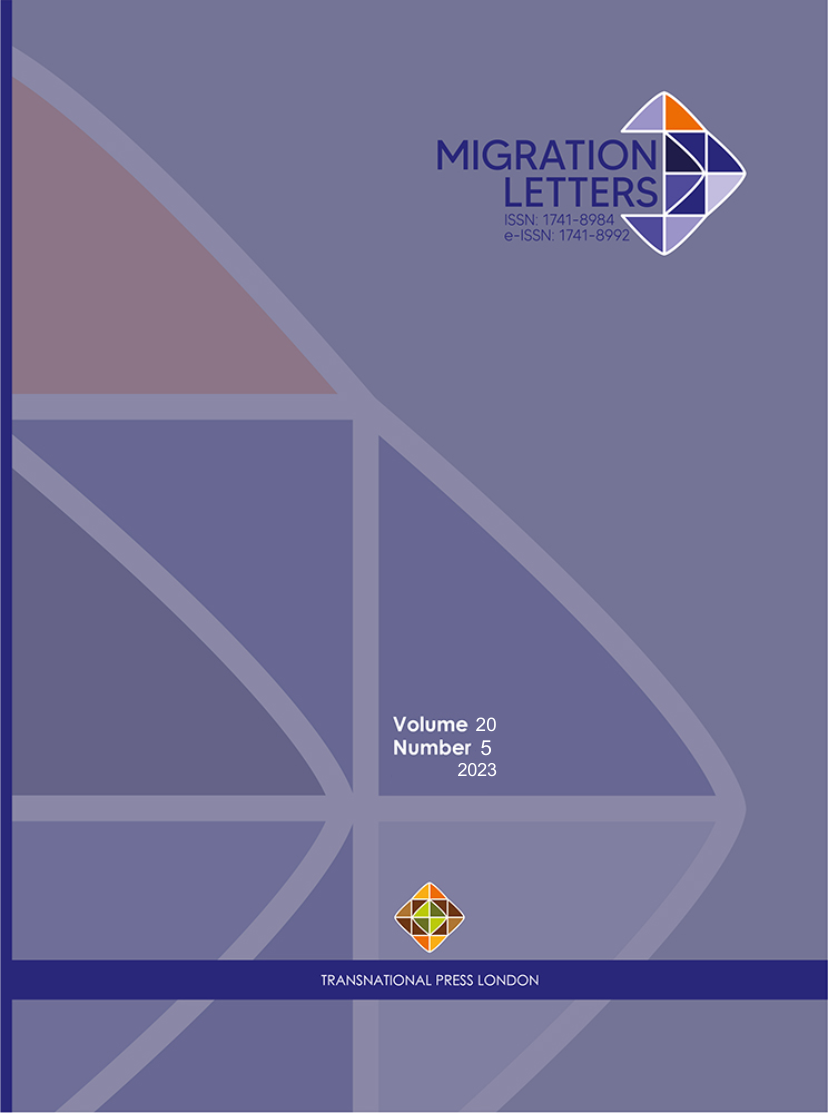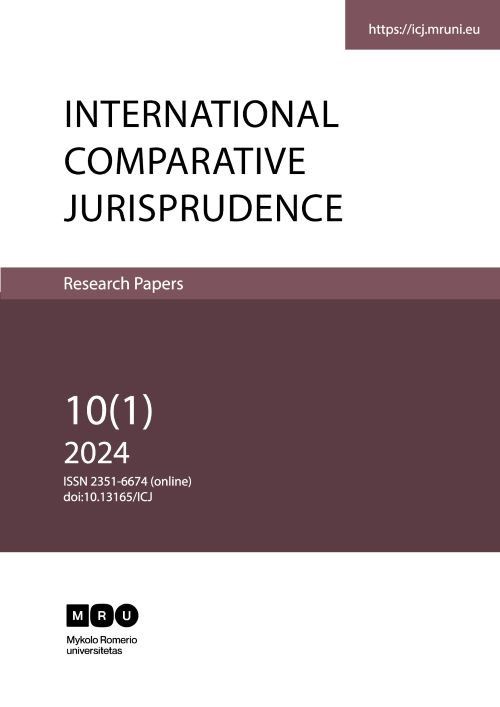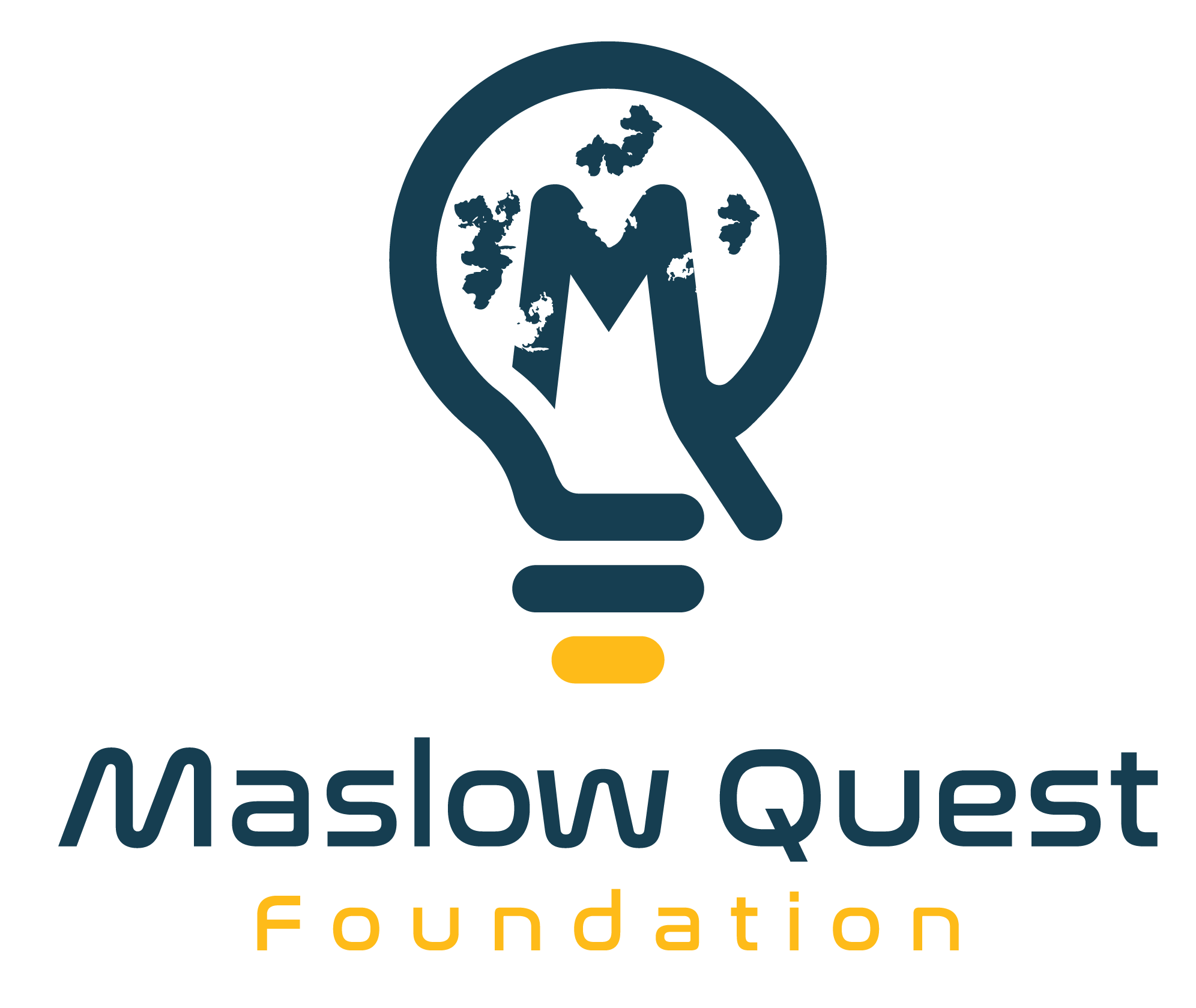New Publication
The Role of Legal Pluralism
in the Peacebuilding
Process

The role of legal pluralism in the peacebuilding process has been a subject of debate from national and international perspectives. Taking the case of East Timor, the article starts with the country’s independence struggle and the challenges and prospects that followed. The article defines and studies legal pluralism’s theoretical foundations, exploring East Timor’s various legal systems and their interactions. It underscores legal pluralism’s importance in fostering inclusive governance, resolving historical grievances, promoting social cohesion, and embracing diversity. The article goes on to examine the integration of customary law into legal frameworks, the acknowledgment and integration of minority rights and perspectives, and the enhancement of local governance structures and community involvement. Moreover, it delves into the significance of transitional justice processes and the role of legal mechanisms in truth-telling and accountability. The issues posed by potential disagreements across official and unofficial legal systems, along with the dynamics of power and gender within legal pluralism, are acknowledged in the article. It emphasizes the necessity of legal reform, capacity development, and finding a harmonious equilibrium between individual rights and communal interests. Moreover, the article offers concrete instances of legal pluralism at work in East Timor and draws comparisons with other post-conflict situations.
Yan, Cassadee Orinthia, and Mohamed Benhima. 2024. “The Role of Legal Pluralism in the Peacebuilding Process.” The International Journal of Interdisciplinary Global Studies 20 (1): 43-71. doi:10.18848/2324-755X/CGP/v20i01/43-71.
Related Reports

Nationality Law and Labor
Migration
This paper presents a comprehensive comparative analysis of the legal structures governing nationality laws and labour migration in the UAE and the UK, shedding light on their respective economic repercussions and the broader impact on society and policy...

Non-citizens’ Continuity of Citizenship in the Baltic States
This article offers a comprehensive view of research about complicated matters pertaining to citizenship for non-citizens in the Baltic states. By incorporating views of law, policies, societal norms, and economy, the study explores the consequences and possible...

Enhancing Employment Opportunities for Individuals with Autism Spectrum Disorder
The growing number of individuals with autism spectrum disorder (ASD) emphasizes the need for inclusive hiring procedures. This meta-analysis aims to assess the work prospects for people with ASD by determining the factors influencing these results and providing...

MANUFACTURING STATELESSNESS THROUGH EXCLUSIONARY CITIZENSHIP LAW
Citizenship is an essential aspect of nationality; it is formed by the laws of a country and influences an individual’s rights and freedoms. This article compares statelessness within the Kenyan and South African legal systems, and discusses case law...
